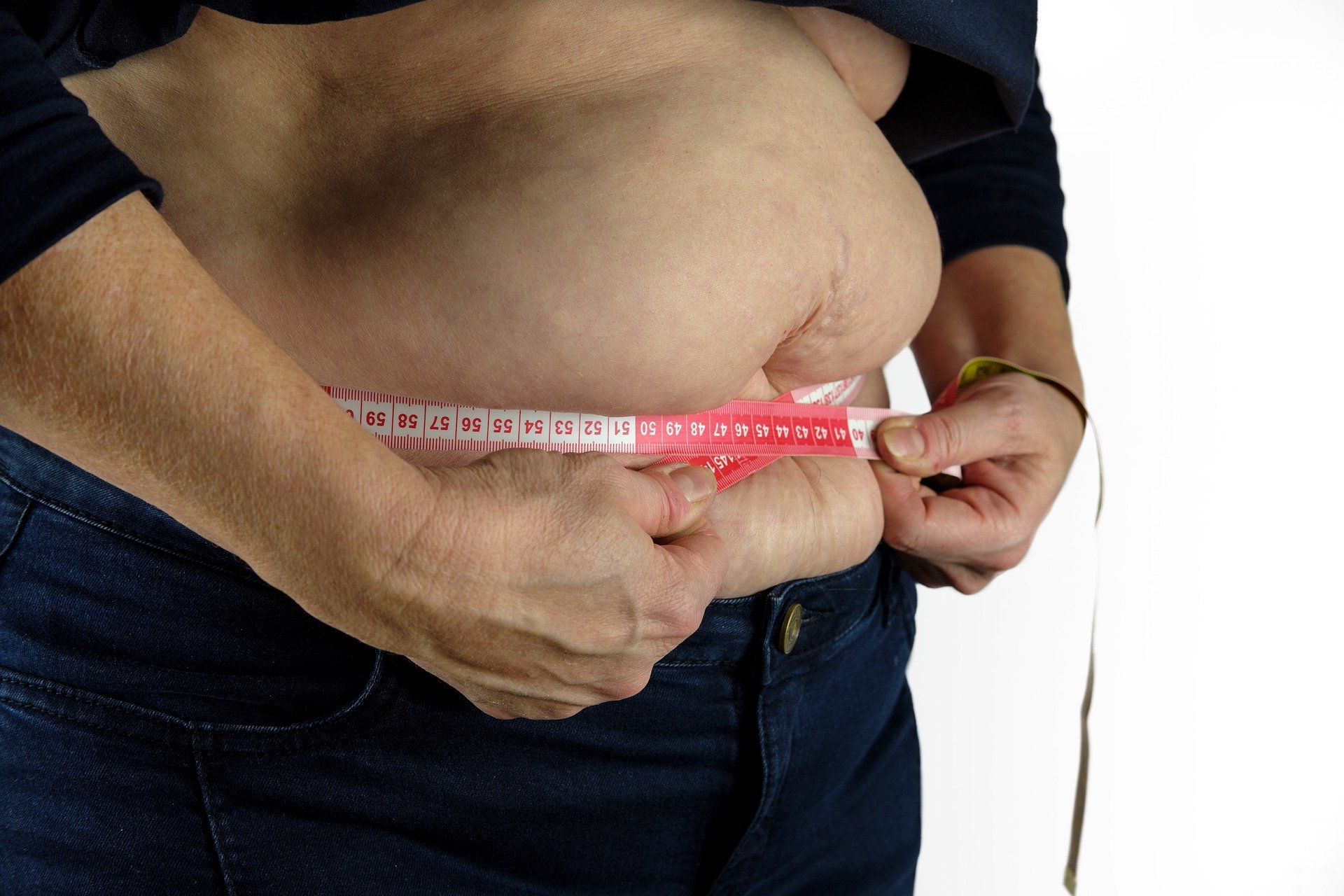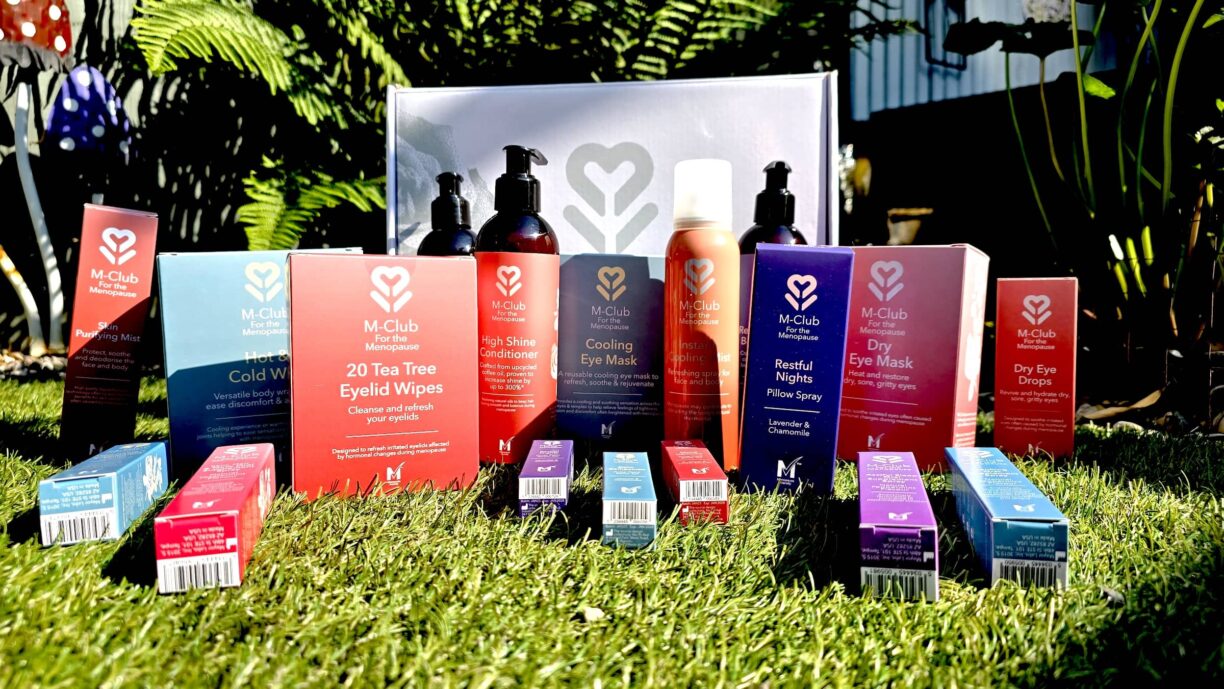Hot on the heels of the government’s new obesity strategy, research released yesterday by Huel reveals that half (49 percent) of Brits gained unwanted weight during lockdown and more than a quarter (28 percent) say their eating habits are worse than before.
As a result, the new research shows that more than a tenth (12 percent) of the population are now a stone heavier, with women struggling with weight gain more than men, with 51 percent admitting to carrying a few extra lockdown pounds compared to 46 percent of men.
The world’s leading complete nutrition brand, Huel, surveyed 2,020 Brits to understand the impact the pandemic has had not just on our waistlines and health, but on lasting attitudes towards food.
Those who gained unwanted weight blame the temptation of unhealthy snacks while working from home (36 percent), a lack of exercise (36 percent), eating more frequently/snacking (35 percent), more alcohol (28 percent) and poor food choices (26 percent). Of those poor food choices, almost half (48 percent) confess to eating more junk food.
On the other hand, 23 percent of Brits lost weight during lockdown. Those who did attribute the change to more home cooking (36 per cent), making healthy food (36 percent), no temptation to eat out in pubs and restaurants (31 percent) and more exercise (23 percent).
Looking to the future, Huel’s research reveals the lasting nature of habits formed during this period.
It appears 18-24 year olds are the nutritional winners of lockdown with 40 percent having used the increased time at home to reboot their behaviour and developed better food habits as a result.
This is far higher than the rest of the population where only a quarter (26 percent) say their eating habits are improved.
It seems the younger generation are leading the way as we adjust to the ‘new normal’ too.
The stats show 18-24 year olds rank ‘keeping up their new healthy eating regime’ as far more important than ‘returning to pubs and restaurants’ (45 percent vs. 27 per cent).
Thinking about our relationship with food as lockdown eases, ‘saving money’ is people’s number one priority (40 percent) and this was closely followed by ‘eating healthy foods to take care of my body’ (36 percent).
To achieve this, 28 percent of respondents will carry on eating more healthy meals and almost a quarter (23 percent) will maintain meal planning to reduce food waste.
It’s bad news for fast food chains and sandwich shops though; just 13 percent say they will return to buying lunch near the office and only 6 percent plan to go back to picking up breakfast on the way in to work. Instead, two fifths (40 percent) plan to continue making their own lunches even as lockdown lifts.
People’s most common food concern post-lockdown is that their diet will suffer as they socialise more outside the home, including returning to pubs and restaurants (18 percent).
This worry is significantly higher (45 percent) among 18-24 year olds. Despite nutritional misgivings, a quarter (25 percent) said it’s ‘likely’ that they will use the government’s ‘Eat Out to Help Out’ discount scheme, with 25 percent of 18-24 year olds saying that it was ‘extremely likely’ they would.
James Collier, Co-Founder and Head of Nutrition at Huel said: “The role of our diets and nutritious food has simply never been so critical, and at a time where people are ever mindful of their wallets too.
That is where Huel comes in. We’ve made it possible to have nutritionally complete meals, helping people to manage their weight goals while still watching the pennies.
In fact seven in ten of our customers surveyed have been able to maintain their weight or even drop the pounds because they’ve been eating Huel on a regular basis during lockdown.
And with COVID-19 shaking up consumer behaviour so drastically, we’re confident that even more people will be converted to Huel’s complete nutrition.”
Huel’s nutritionally complete food starts from £1.32 per meal and comes in powder, bars and a ready-to-drink format.
Offering consumers “complete nutrition” means that each Huel meal serves customers a balance of protein, carbs, fibre, essential fats and phytonutrients, plus an optimum level of all 26 essential vitamins and minerals and phytonutrients required on a daily basis.





